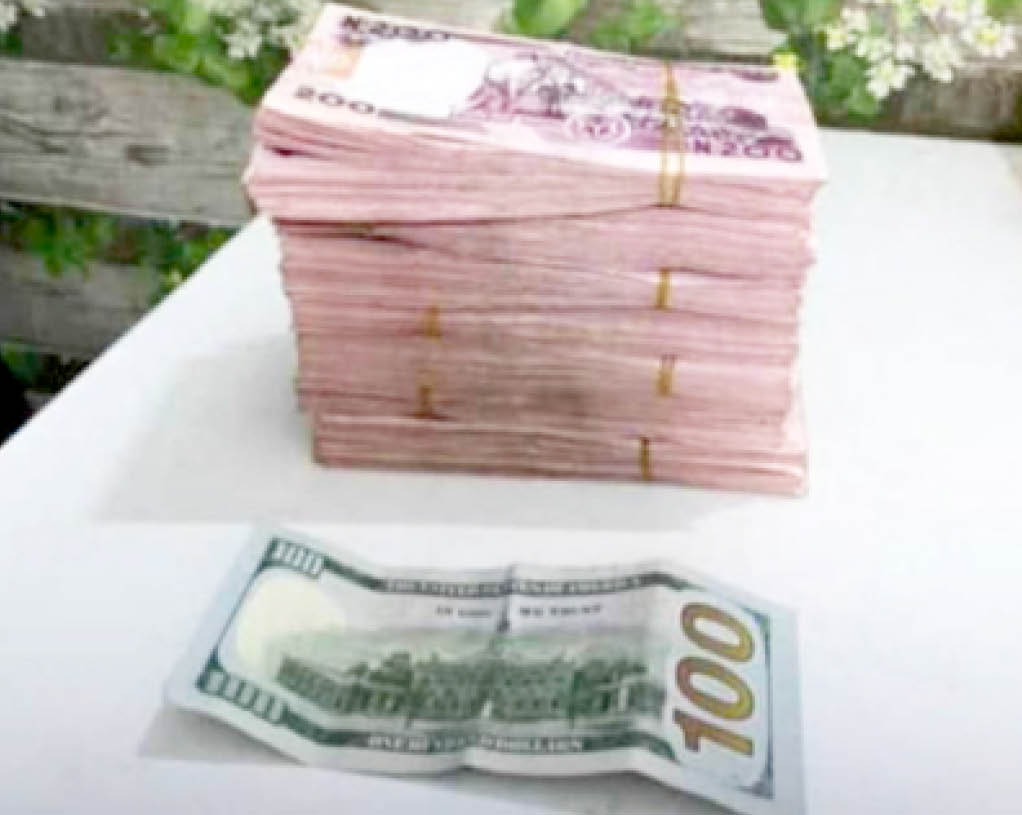The period of trial-and-error in economic policy is over. That is unquestionable. The results on the ground tell us what the government is doing is not working. The Nigerian people are disappointed with the state of the economy, as trust and confidence in the financial system are waning. The economy is unstable despite having no obstruction from the National Assembly.
No president has had it this easy in his first tenure. However, evidence on the ground clearly shows that the desired outcomes have not been achieved despite the economic team’s efforts. For ordinary people, the cost of living is becoming unbearable due to high and persistent inflation.
Firstly, since unifying the managed-floating exchange rate system and having realised that it is not working, the administration should try a working system until we are able to discover another way. There were problems with the dual exchange rate system, but it is clear that unifying the managed-floating exchange rate regime has created more distortions than solutions. The Buhari administration implemented the system in 2016 by pegging the Naira to create a dual exchange rate system. But when this administration circumcised the dual exchange rate system, they threw the potent piece away. As a result, we have an impotent system. Just last week, Bloomberg called the Naira the world’s worst-performing currency.
The second problem is currency speculation, as acknowledged by the government. As an import-dependent economy, speculation affects Nigeria because it causes exchange rate volatility, leading to higher import costs and price inflation. Currency volatility disrupts trade balances and creates uncertainty for businesses and investors. These effects undermine Nigeria’s economic stability and growth, as we are heavily reliant on imports.
- APC defends Tinubu, says Nigeria’s problems generational
- Man arrested for alleged raping of 6-year-old girl in Minna graveyard
The third problem is devaluation, and the evidence is glaring. It was surprising to hear Cardoso announcing that the Naira is undervalued after several moments of argument that the Naira is overvalued. Those with an economic background know that devaluation mainly benefits export-dependent economies by making their goods and services cheaper in international markets, which increases export demand.
On the contrary, currency devaluation has a negative impact on an import-dependent economy, as it leads to higher costs for imported goods and services, which causes inflationary pressures and trade imbalances. The high inflation Nigerians are experiencing, including the increase in fuel prices, is the result of the currency devaluation.
These three issues demand policy fine-tuning and desperate government interventions. The CBN must revisit the unification of the managed-floating exchange rate system. This system is only effective for export-oriented nations like India—the original country of Nigeria’s World Bank Director.
This CBN needs to implement a unified crawl-pegging exchange system, which works for an import-dependent economy like Nigeria instead of dirty-floating the Naira. We can return to the system when we become an export-dependent economy like China and India, but as of now, the trial is proving to be more damaging than expected.
Crawl-pegging means the CBN will set an official exchange rate for the Naira, which will be allowed to be adjusted periodically, in small increments, to reflect changing economic conditions. This approach will bring stability to the foreign exchange market while allowing for gradual adjustments to external factors. Of course, the system will not allow the Naira to be determined by market forces of supply and demand as we experience now with high speculation and volatility. The Naira can recover its value of N400 to a US dollar within three months and will remain stable.
It is the crawl-pegging system that will effectively stop currency speculation, not new CBN directives to banks and the financial sector. Crawl-pegging will minimise opportunities for speculators to profit from naira fluctuations, as adjustments are controlled and follow a predetermined schedule.
This managed approach will stop the Naira volatility by aligning the naira’s value more closely with economic fundamentals, deterring speculators who profit from abrupt currency swings. Moreover, the gradual adjustments can help prevent the inflationary pass-through effects typically associated with the Naira devaluations, making imports cheaper including our petroleum products.
Obviously, there will be active management of the exchange rate, defending the Naira to counteract speculative pressures and maintain stability. Nigeria has adequate foreign reserves to cover its import needs over long periods without additional inflows.
The benefits of doing this include achieving economic stability and the competitiveness of the Naira in international trade. It may involve costs in the short term, but the benefits outweigh them. Therefore, the CBN must look at the benefits of maintaining exchange rate stability and overall economic stability in the longer term. This includes lowering the burdens of external debt services, deficits and government spending. Just imagine the benefits derived from paying N400 to a US dollar instead of 1,500.
However, the effectiveness of this system would depend on the CBN’s ability to maintain the peg through adequate foreign exchange reserves as previously. Similarly, the government fiscal policies must be coherent and must work for an import-dependent economy. Without this, the credibility of the peg could be undermined, leading to further speculative attacks and instability.
This administration must adjust to economic realities to stop currency speculation by using pragmatic policies instead of publishing new restrictions and directives for banks and other financial services. These are just another set of new experiments. CBN’s strict limits will give room to mischief and misinformation, creating more market volatility. The new regulations will push banks towards riskier forex speculation methods, causing higher volatility in the parallel market and leading to higher inflation for consumers.

 Join Daily Trust WhatsApp Community For Quick Access To News and Happenings Around You.
Join Daily Trust WhatsApp Community For Quick Access To News and Happenings Around You.



